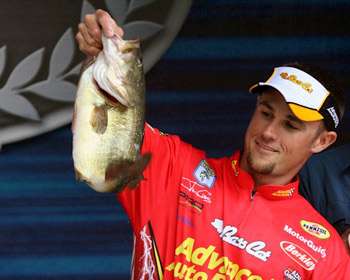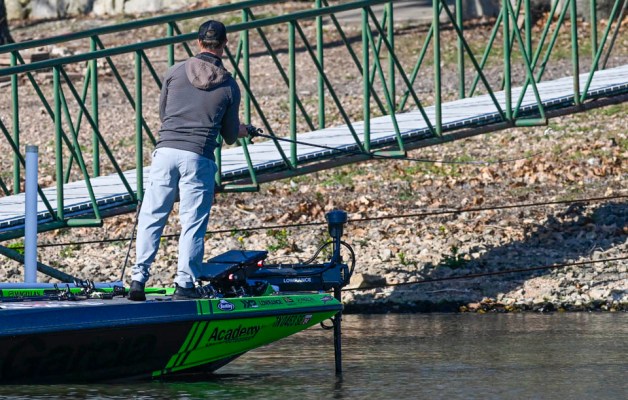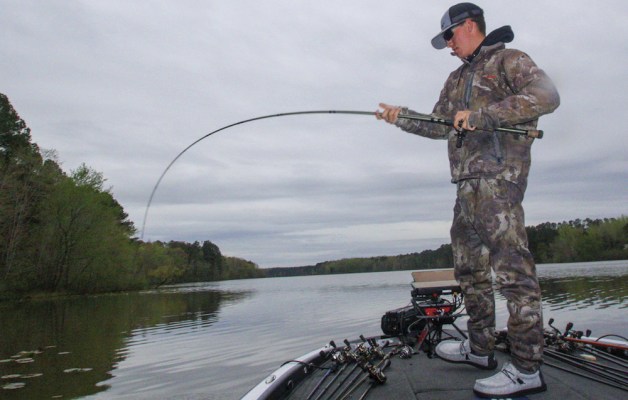
For the first time, the Elite Series Anglers have two years of schedules in front of them. With the recent announcement of the 2009 and 2010 Bassmaster Elite Series, and with a five-month break between the last 2008 event and the Bassmaster Classic, that gives them some time to consider how they'll approach the seasons to come.
Regardless of your level of tournament competition, you can do the same thing. As soon as you know where you'll be fishing, you can invest your limited time into maximizing your future success.
When Jared Lintner first traveled east from California, he didn't have much experience fishing outside the West, so he had to shorten the learning curve. In three years on tour, he has developed strategies to make the most of his limited time and money.
Similarly, Virginia pro John Crews knows that there's no room for error once you reach the major leagues of bass fishing, so he also puts a plan in motion the second he knows where he'll be fishing. Both try to concentrate their efforts on the lakes and rivers they haven't fished before. "If I've never been to a particular body of water, I really like to get a look at it," Crews says.
"That's all I want to do. Maybe ride around, get an idea for what kind of structure it has, what the water color looks like, how deep the reservoir is, what species are in there. "Don't overthink it," he instructs. "Don't do too much research, or you'll get hung up on what someone tells you. If you practice two months ahead of time, fish that are in place in May, for example, more than likely won't be there in July. You can waste a lot of time practicing at the wrong time of year.
You have to fish the 'current' conditions." Lintner does a little more at-home research than Crews. "The first thing I do is pull out a map, check out where the lakes are, and see what kind of areas I'm going to be in," he explains. "Then I get on the Internet and try to find out the primary patterns and the main baits for the time that we'll be there." But Lintner also makes clear that there is no substitute for time on the water:
"Next year we start off at Amistad. We've been there the last three years, so I know what to expect. I know what baits work and where large groups of fish tend to live. I'll probably focus on the lakes that I have no information about and try to spend my time on those. What I'm going to try to do this year — with a five-month period until the next event — is get out there and practice as many of them as I can. I'll take a three week trip and at least drive around and mark some stuff on the GPS that might work when I'm there for the event itself. I'll just try to become familiar with the places," he says.
Both anglers agree that during the course of the season, there needs to be a delicate balancing act between focusing on the next tournament and on those down the line. But when they're on the water, they concentrate exclusively on current conditions.
"I try to keep an open mind and be aware of the current conditions for the day that we're out there," Crews explains, and his preseason planning enables him to focus his attention exclusively on that task.
(Provided by Z3 Media)





